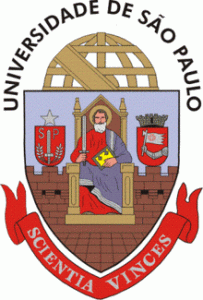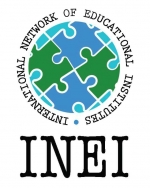
The origin of the School of Education goes back to 1934, when University of São Paulo was created. Since then has pursued its mission with determination and competence. Among its main activities we find teaching, research, community services as well as the promotion of cultural activities to the population. Our main academic goals are to prepare competent professionals of education who are responsible and socially critical; to foster new relevant knowledge in the field of education, contributing to the debate on Brazilian educational problems; to publish and disseminate such knowledge to public teaching institutions by means of counseling, partnerships, courses, exchange agreements and so on.
In pursuing such goals the School of Education strives to maintain its assertion as an international and national reference in the field of education by responding to social and individual demands through knowledge and sustainable development. Mission, activities and goals are combined into a strategic plan, assessed on a regular basis. Within this process the involvement of the whole community – professors, students and staff – has proven to be the guarantee of the development of competencies and the ongoing advances in the organizational culture. The results of this collaborative effort can be noticed through different indicators. In Undergraduate Studies, there are 756 students enrolled in the Pedagogy Program and 2,409 students in the eleven Teacher Education Programs. The School of Education has 98 PhD professors, most of them working full time in teaching and research, distributed in three departments: Philosophy of Education and Educational Sciences (EDF), School Administration and Economy of Education (EDA), Teaching Methodology and Comparative Education (EDM).
There is a Lab School with elementary and high school education connected to the School of Education with 722 students enrolled in the nine years of elementary education and in the three years of secondary education. It has 48 teachers working under the professional category of educators. There has been a tremendous growth of professors and research groups granted with external financial support as well as an increase in the number of universities and research centers with which the School of Education maintains international exchange programs. There are 137 professionals – including technicians and specialists – that support and guarantee accomplishment of field activities. The laboratories and the teaching and research centers at FEUSP provide support to various programs. The library holds one of the biggest Latin American collection of books on education. Thus, it is with great joy that we present to the academic community and the society at large the Institutional Catalog of the School of Education at the University of São Paulo.

Dean Marcos Garcia Neira
